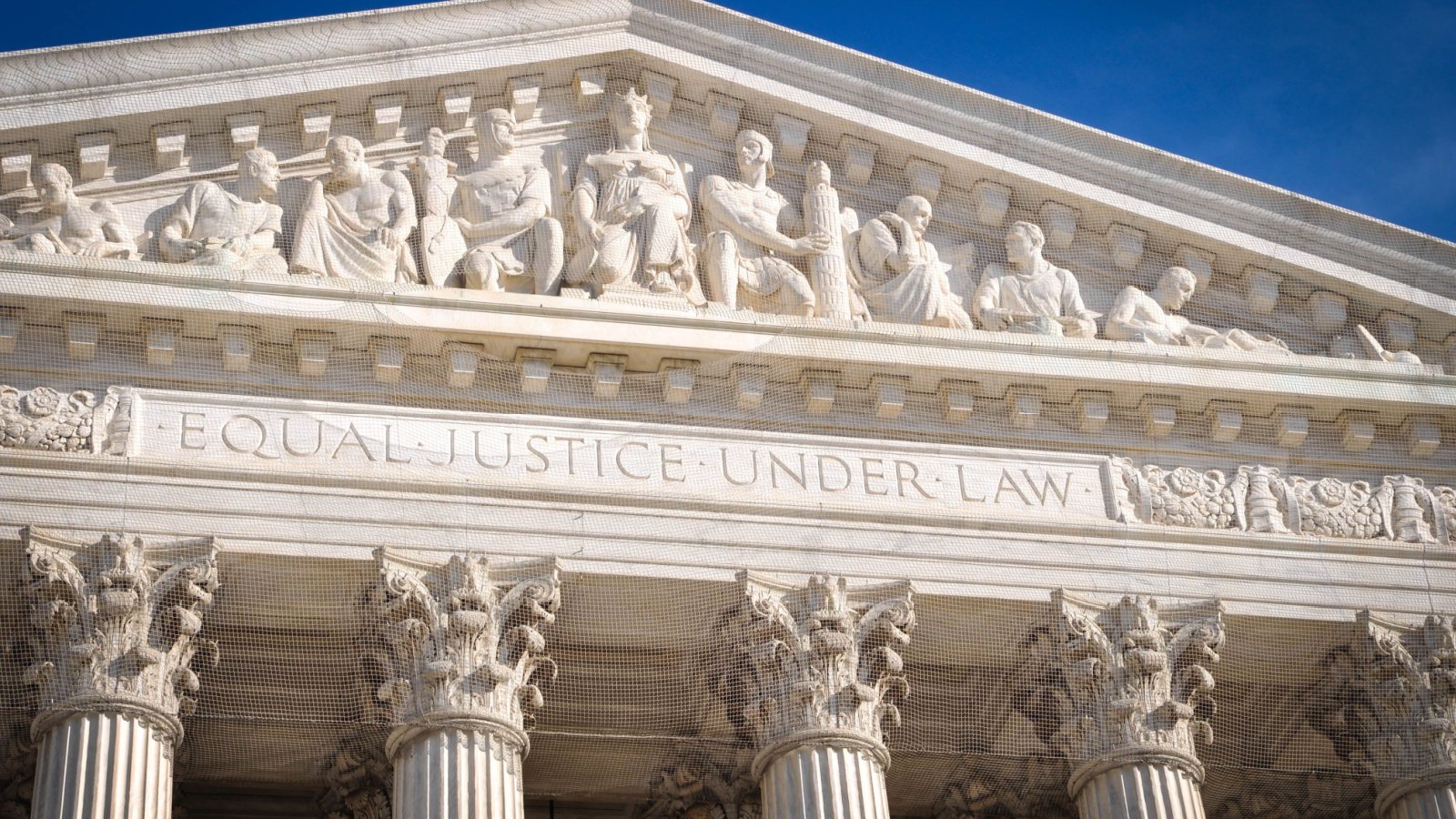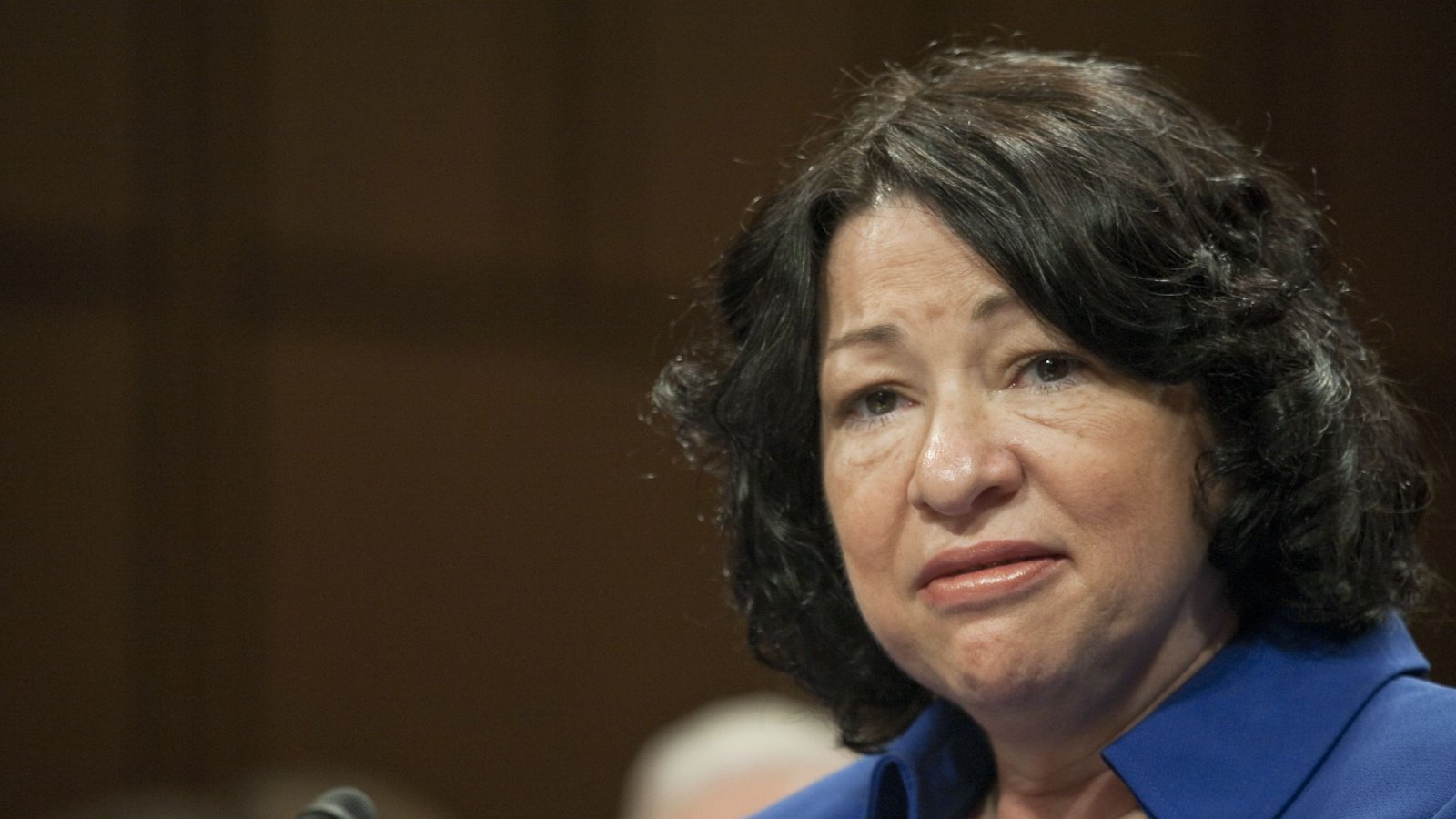Oklahoma’s State Superintendent of Public Instruction announced this week that all schools in the State must incorporate the Bible and the Ten Commandments into their curriculum. The new policy is effective immediately.
Foundation of the Constitution

The Oklahoma education official Ryan Walters affirmed the Bible “is one of the most foundational documents used for the Constitution and the birth of our country.”
Oklahoma Academic Standards

Walters continued, “It’s crystal clear to us that in the Oklahoma academic standards under Title 70 on multiple occasions, the Bible is a necessary historical document to teach our kids about the history of this country, to have a complete understanding of Western civilization, to have an understanding of the basis of our legal system.”
Implementation Requirements

To align with the new policy memorandum, each classroom in the State must have a Bible, and all teachers must use the Bible for instruction.
Louisiana’s Precedent

The policy change in Oklahoma follows a pioneering effort in Louisiana earlier this month to reintroduce the Ten Commandments into every public school classroom in the State. This new law in Louisiana has faced legal challenges.
Challenges to the Louisiana Law

Civil rights groups and some parent organizations argue that the new Louisiana policy violates the constitutionally mandated separation of church and State and contradicts a 1980 Supreme Court precedent.
Supporters’ Perspective

Supporters of the Louisiana legislation claim that the new legislation aims not to promote religious views in particular but rather to promote historically and culturally significant documents and events central to the founding of America.
Historical Context of the Directive

The new directive in Oklahoma did not emerge from new legislation but from the fleshing-out educational standards previously approved in 2019.
Cultural and Historical Significance

Walters highlighted the cultural and historical significance of the Bible and the Ten Commandments: “The Bible is an indispensable historical and cultural touchstone. Without basic knowledge of it, Oklahoma students cannot properly contextualize our nation’s foundation. This is not merely an educational directive but a crucial step in ensuring our students grasp our country’s core values and historical context.”
Supreme Court Decision on Religious Charter Schools

The State Superintendent’s Office released the new memorandum days after the Oklahoma Supreme Court shut down an effort to open a religious charter school funded by tax dollars.
Contract Rescinded

The State had signed a contract with St. Isidore of Seville Catholic Virtual School to allow Oklahoma students to attend the publicly funded charter school. The Supreme Court ordered the State to rescind the contract in a 6-2 vote.
Supreme Court’s Opinion

Oklahoma Supreme Court Justice James R. Winchester wrote the opinion for the court, stating, “Under Oklahoma law, a charter school is a public school. As such, a charter school must be nonsectarian. However, St. Isidore will evangelize the Catholic faith as part of its school curriculum while sponsored by the State.”
Response from State Superintendent Walters

State Superintendent Walters responded to the ruling, stating, “What the court did was rule against the parents of Oklahoma who have demanded more choices for their kids. We have a great opportunity to make sure that parents have the most options of any parents in the country here in Oklahoma by giving them the ability to go to a public school, charter school, or private school; this would have been the most unique charter school in the country.”
Commitment to Fight

Walters vowed to continue his fight, “So I want you all to know, we will continue to fight back against this; we want to continue to provide an opportunity for parents to send their kids to high-quality schools.”









Die Einzahlung von Geld auf Ihr Konto ist der letzte,
einfache Schritt, bevor Sie in die Welt der spannenden Spiele und Möglichkeiten eintauchen können. Sie haben sich erfolgreich bei Platincasino angemeldet,
und jetzt wartet das wahre Geschehen! Behandeln Sie Ihr Passwort
wie die PIN Ihrer Bankkarte; es ist nur für Ihre Augen bestimmt,
um sicherzustellen, dass Ihr Konto und Ihre Gelder sicher bleiben. Dieser Schritt
sichert Ihr Konto und stellt sicher, dass Sie später keine Schwierigkeiten bei der Verifizierung oder bei der Auszahlung Ihrer Gewinne haben.
Spieler haben 30 Tage Zeit, um die Umsatzbedingungen zu erfüllen, was ausreichend Flexibilität bietet.
Die Freispiele werden für beliebte Slot-Spiele wie Starburst oder
Book of Dead vergeben und ermöglichen es neuen Spielern, das Casino risikofrei kennenzulernen. Das Gesamtpaket umfasst 100%
Bonus bis zu 2.000€ plus 200 Freispiele, wodurch Neukunden einen erheblichen Startvorteil erhalten. So finden sich beispielsweise Slots
mit Poker-Elementen oder Roulette-inspirierten Bonus-Features im
Spielangebot. Aufgrund der Einhaltung des deutschen Glücksspielrechts dürfen traditionelle Tisch- und Kartenspiele
wie Roulette, Blackjack oder Casino Poker bei Platin Casino
nicht angeboten werden.
Matthias hat ein Gespür für spannende Spielautomaten, fesselnde Tischspiele
und lukrative Bonusangebote. In seinen Artikeln nimmt er
kein Blatt vor den Mund und bietet euch einen Mehrwert durch echte Praxiserfahrungen. In diesem Fall könnt
ihr den Platincasino Support kontaktieren, der euch zuverlässig bei der Lösung des Problems
unterstützt. Etwas komplizierter wird es, wenn ihr euch nicht mehr an die
E-Mail-Adresse erinnert, mit der ihr euch für die Platincasino Anmeldung registriert habt.
Nachfolgend haben wir die wichtigsten Punkte der Allgemeinen Geschäftsbedingungen für den Platincasino-Login zusammengefasst.
Der Platincasino-Login funktioniert auf dem Handy genauso wie auf einem Desktop-Computer, mit einem leicht angepassten Bildschirmlayout.
References:
https://online-spielhallen.de/umfassende-vegas-casino-erfahrungen-mein-leitfaden-fur-spieler/